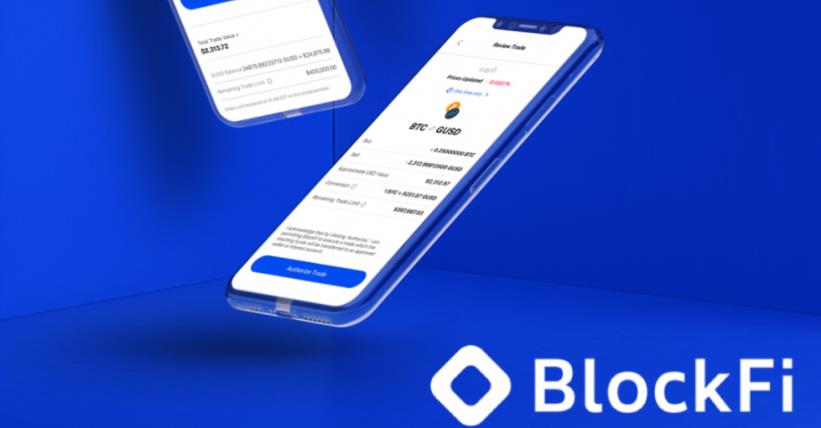Crypto asset lending platform BlockFi Inc. is set to pay $100 million to settle charges against it by the U.S. Securities and Exchange Commission (SEC) and state regulators, according to people familiar with the matter. The charges allege that BlockFi illegally offered a product that paid customers high interest rates to lend out its digital tokens.
The penalties are among the harshest against crypto companies in the U.S. crackdown on the cryptocurrency industry. The U.S. SEC and state investigators have been investigating whether the accounts offered by BlockFi are similar to securities that should be registered with the regulator.
Crypto lenders have come under increasing scrutiny of late, attracting tens of billions of dollars in deposits by promising yields well above traditional savings accounts. As part of an agreement with regulators, BlockFi will no longer be able to open new interest-bearing accounts for most Americans, the people said.
“We have been in productive dialogue with regulators at the federal and state levels. We do not comment on market rumors,” BlockFi spokeswoman Madelyn McHugh said.
“We can confirm that clients’ assets are protected on the BlockFi platform, Customers of the BlockFi Interest Account will continue to earn interest in cryptocurrency as always.”
An SEC spokesman declined to comment.
U.S. SEC Chairman Gary Gensler has been warning fast-growing crypto companies that some are offering financial services without adhering to benchmark investor protection rules that banks, brokerages and other established entities have long had to abide by.
Jersey City, N.J.-based BlockFi will pay a $50 million fine to the SEC and a total of $50 million to states, the person said, speaking on condition of anonymity. Several companies, including Celsius Network and Gemini Trust Co., are known to be widely popular with retail investors for paying yields that sometimes exceed 10%.
Last year, securities regulators in several U.S. states took enforcement action against BlockFi and Celsius over the accounts, saying the companies were selling unregistered securities with undisclosed risks. Bloomberg reported in January that the SEC is also scrutinizing Celsius, Gemini and Voyager Digital Ltd. over similar issues.
At the time, a Gemini spokesperson said the company was cooperating with an “industry-wide investigation” into crypto-yielding products; Celsius said it was working with regulators to “fully comply with the law”; a Voyager spokesperson Continued communication with regulators has historically been the case for the company, he said. The SEC has not charged the companies with any wrongdoing.
The SEC had separately warned Coinbase Global Inc., the largest U.S. cryptocurrency exchange, that it would sue if it went ahead with a loan product, prompting the company to suspend the project in September.
BlockFi executives have said they were able to pay customers such high yields because institutional investors would pay more to borrow those deposits. But the companies did not provide details on how the funds were used or under what circumstances investors could lose their cryptocurrency. Unlike bank accounts, crypto interest accounts are not federally insured.
Earlier this year, BlockFi said its Bermuda-based subsidiary would serve foreign clients. The company also launched an interest-free crypto wallet, as well as a new interest product for cryptocurrency accounts with at least $3 million.






